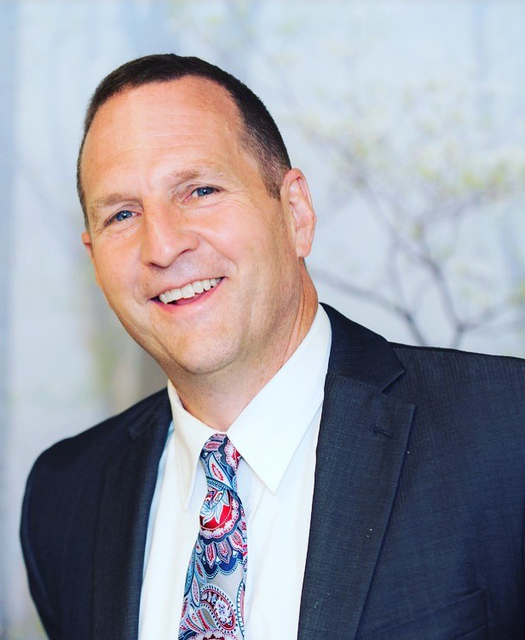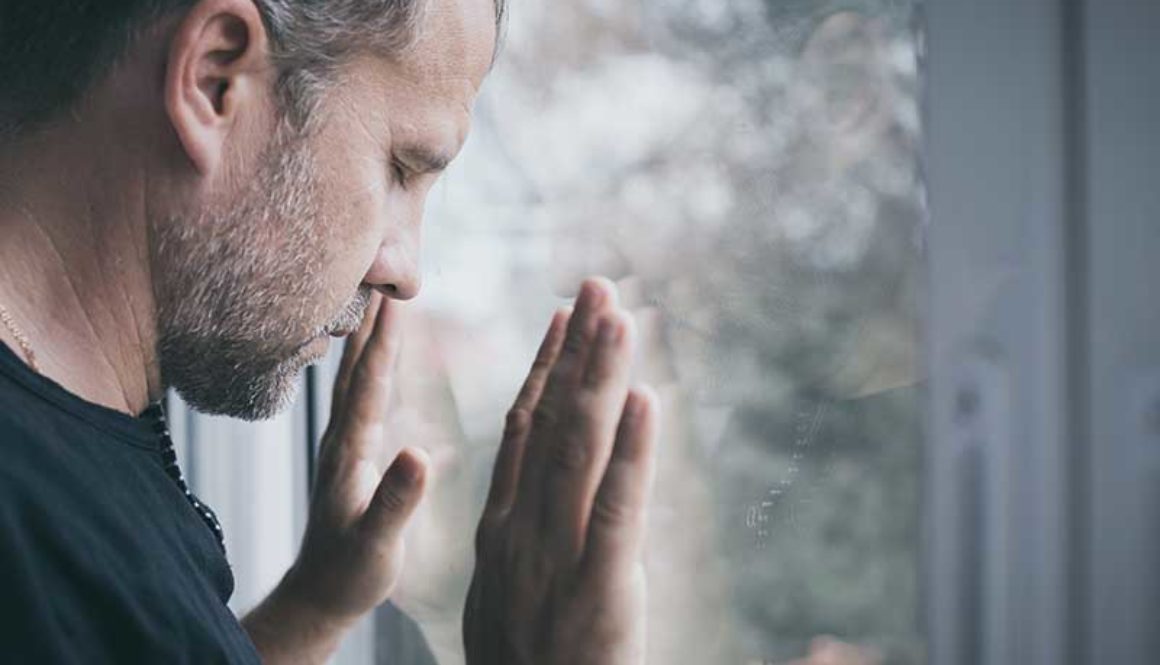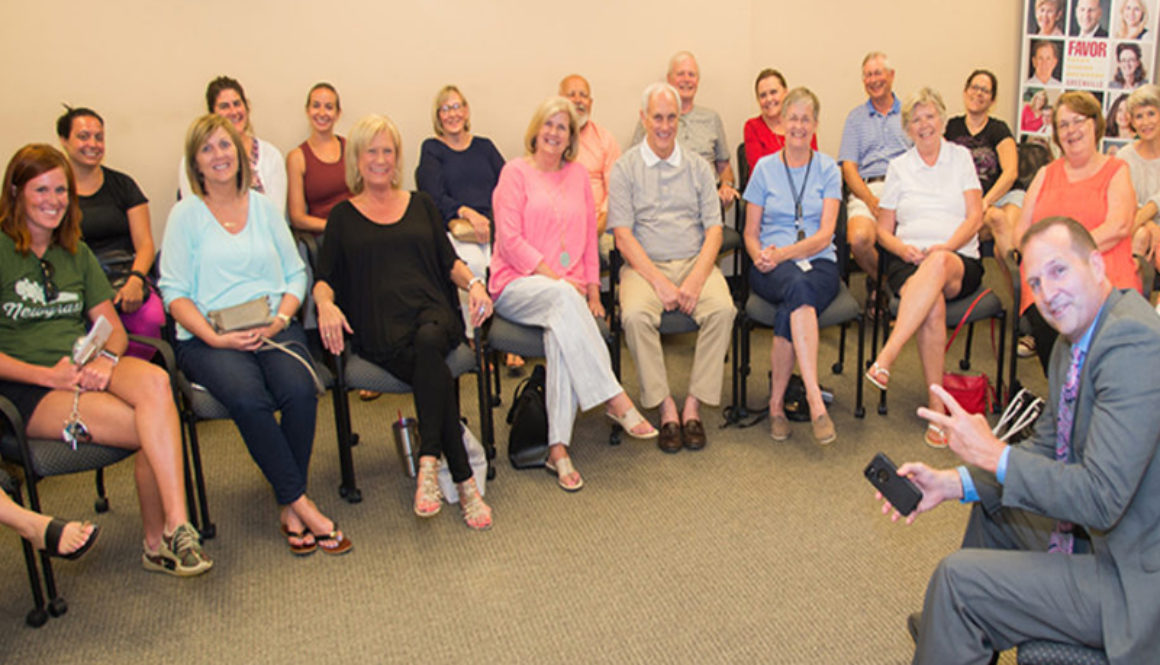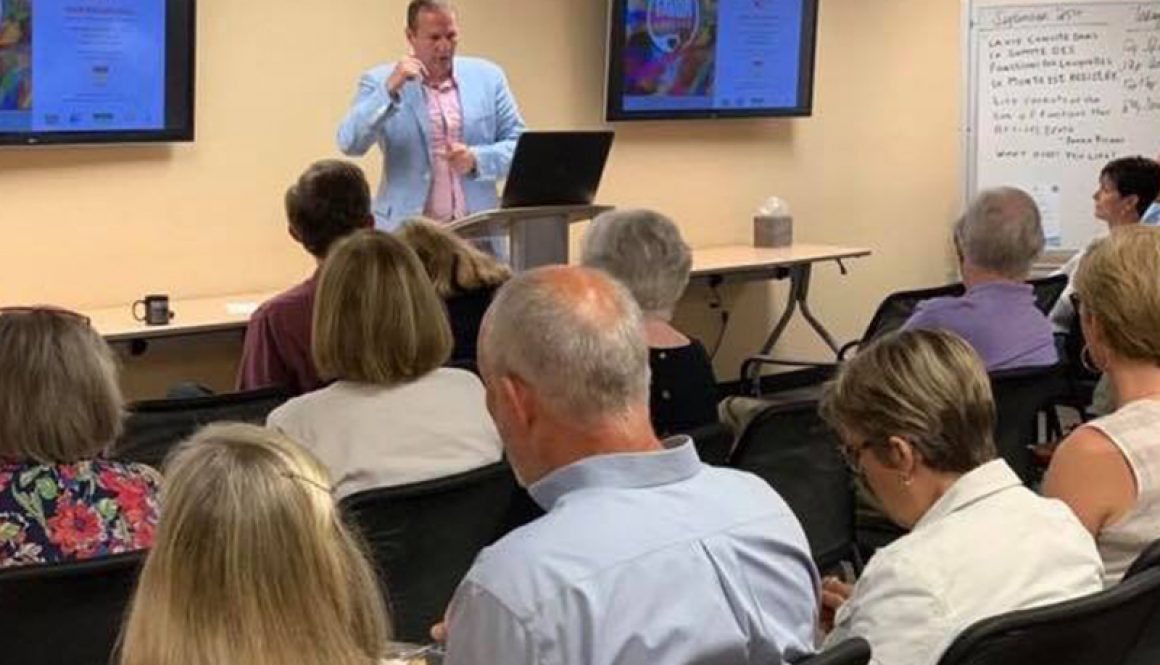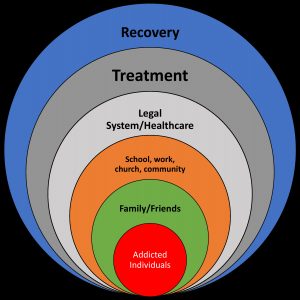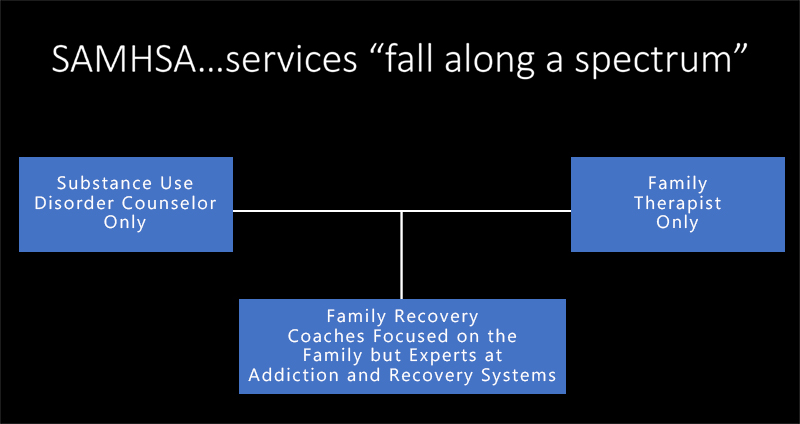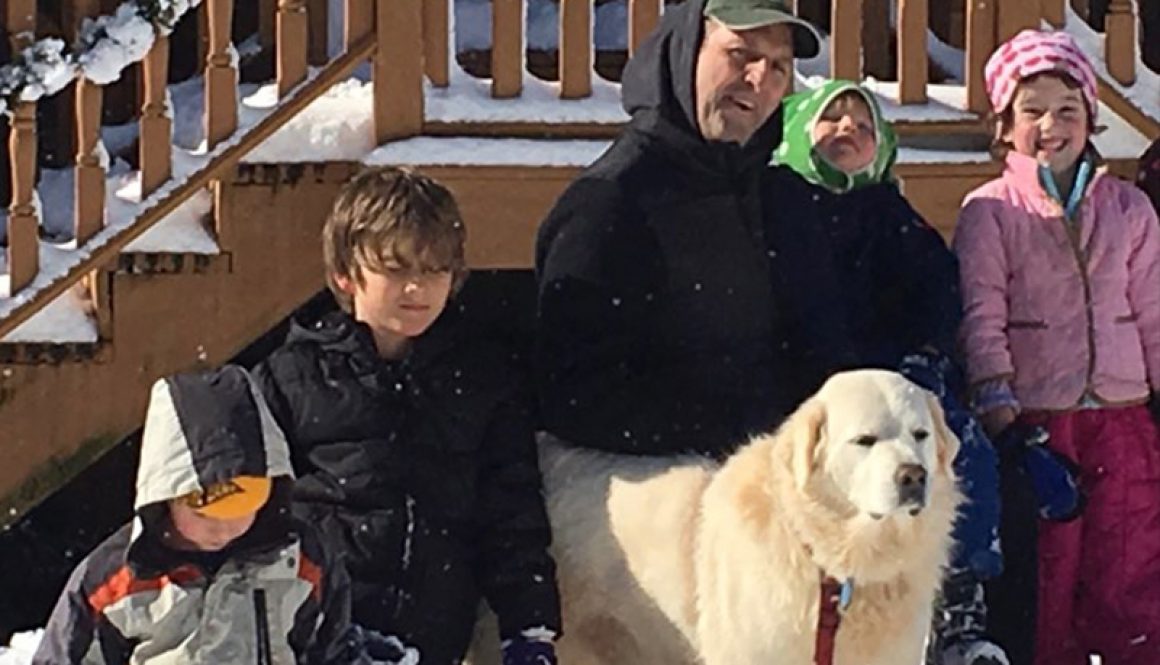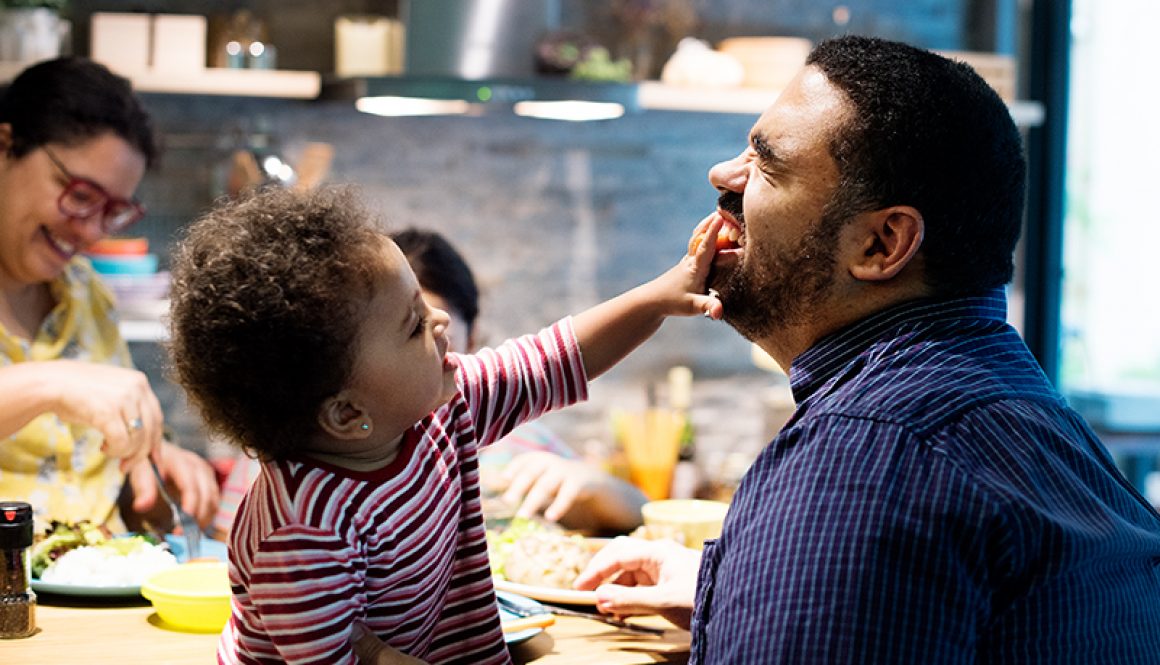The Odyssey of Grief
There were three of us standing there. A grieving father, myself and a colleague.
In the middle of a crowded room with conversation, laughter, and “good” noise in the background. The kind of background noise that sparks excitement and hope. Upbeat. Lively.
I had just finished speaking on the “opioid epidemic”. The mood in our circle did not match the mood of the room.
He was telling the story of his son’s first trip to rehab and the odyssey that followed.
Multiple Attempts
Several return trips to detox and rehab. Two or three runs at medication assisted treatment and a constant battle around attending meetings and therapy.
All of this was compressed into a 2-year time span.
The story ended in an all too familiar way.
A fatal accidental overdose in his early 20’s.
Listen and Say Nothing
Dad talked rapidly and nonstop recounting the events. Repeatedly processing a traumatic event or loss is good.
Telling the story over and over is healthy. It helps move the process along.
We listened and said nothing.
Then
he stopped talking and silence entered the circle.
Time
morphs in a situation like this. 15 seconds feels like 15 minutes.
My colleague quickly spoke up.
“We have a grief support group and I think we can get you connected to a good therapist”.
We
hate to just stand there in silence when another person is in pain.
My Experience
I am a person in long term recovery from an opioid use disorder since 2001.
Also I am a professional therapist with a wide variety of experiences in the mental health and substance use disorder recovery arena. I have seen a lot. Both personally and professionally.
I know first hand the grip of opioids. The psychological craving and physical dependence. The withdrawal that is beyond description.
I know that feeling all to well. I have dwelt in that pain cave on many occasions.
In recovery I have experienced debilitating panic.
The Struggles
I seem to be able to operate on little sleep and on any given day I can go to the dark side. I believe the struggle is real.
The emotional and mental struggle is real.
I have had countless friends in recovery who have gone through similar issues.
I have had family and friends outside of recovery who have struggled with these demons. I’ve always been in touch with the seriousness of these problems.
Thousands Of People
As a professional I have worked in community mental health, intensive case management, assertive community treatment, in-home family services, private practice, intervention services and nearly every level of care in the substance use disorder treatment and recovery sector.
I have seen thousands of people.
Thousands of families dealing with mental health and/or substance use disorders.
I have worked with the most intractable forms of mental illness and substance use disorder.
My Perspective
These personal and professional experiences give me perspective. We know what the numbers say about “deaths of despair”. Unprecedented levels of suicide, overdose, alcohol related deaths.
It is impossible to ignore the cloud of darkness that has enveloped the behavioral health.
The level of fatalities we face today is nearly incomprehensible.
The tragic death of a patient was always a possibility; but it was NOT a probability. It happened on rare occasions.
It was a monumental event. As suicide and overdose levels escalate, we risk becoming numb to the event.
The New Normal?
A new normal is creeping in. Talking to people about untimely death of a loved one has always been part of the job description, however, I was rarely called onto to do it.
Now
I have the conversation at least once a week.
What have I learned about grief and grief counseling?
No Fix to Grief
For the record. Human beings naturally try to fix other human beings. When we see someone with their shoe lace untied, we reflexively say “your shoe is untied”. It’s known as the “righting reflex”.
That said, it is a bit strange how we automatically provide unsolicited resources to people dealing with loss of a loved one.
The problem with the “fix the grief” strategy is, unlike tying your shoe, there is no way to fix grief.
There is no right way to deal with grief. There is no such thing as grief counseling.
I believe that things are even more complex when the death was untimely and involves suicide or drug overdose.
Stigma & Judgement
These stigmatizing factors make accessing a “normal” grief support group counterproductive. Many times, parents and spouses come away feeling judged.
In the midst of their own loss and emotional upheaval, people who lose someone to cancer are prone to thinking: “you’re kid did that to himself”.
This thinking will come through loud and clear in the presence of people dealing with loss from substance use or suicide.
We need to become comfortable with the uncomfortable silence that comes with deaths of despair. So that we can be there as compassionate witnesses.
Experts
There are no experts, therefore, we are all experts.
What do we know about grief in general? Not much!
There is scarce literature and research specifically addressing grief.
Grief tends to get woven into trauma.
The DSM-V
Terms like “traumatic grief” and “complicated grief” bump up against post-traumatic stress disorder.
The Diagnostic and Statistical Manual of Mental Disorders (DSM-V) has a diagnosis for every condition. Grief is no exception; see here for DSM-V criteria for “complicated grief.
These comparisons make sense.
Trauma and grief can reach clinically significant levels, interfering with daily functioning, if unprocessed. Having safe, supportive people around, who listen without judgement, is correlated with better outcomes for both trauma and grief.
“Grief turns out to be a place none of
us know until we reach it… Nor can we know ahead of the fact … the
unending absence that follows, the void, the very opposite of meaning, the
relentless succession of moments during which we will confront the experience
of meaninglessness itself.” (p. 188–9) Joan Didion The Year of Magical Thinking
(1)
Profound Life Event
Grief counseling is basically the same as any other counseling session. Except the grieving person is going through a much more profound life event.
Perhaps more accurately, grief counseling is basically listening to someone as they recount the worst experience of their life.
Essentially, there is no “right” way to grieve. Much of what we have been told about grief is opinion only. Not fact.
My Thoughts On Grief
1) No Right Way
There is no right way to grieve.
There are no “stages of grief” to “go through”.
Elizabeth Kubler Ross, in her landmark book on grief (On Grief and Grieving) birthed the stages of grief framework.
This was an off-shoot of the work she had done with individuals and families as they dealt with a terminal illness.
Kubler Ross observed that people awaiting death, or the death of a loved one, went through predictable stages: denial, anger, depression, bargaining, and acceptance.
In my opinion, this model works much better with terminal illness than it does with grief.
There are many reasons to challenge the stages of grief construct including lack of theoretical orientation underlying the stages and lack of empirical evidence. Most troubling, is conceptual confusion, the misunderstanding that people must progress through these stages in a linear manner.
As if they are required for healthy response to loss.
What if I don’t go through anger? Am I a bad father? Am I in denial?
Grief stages tell us little about how people might cope with the loss; why they might experience varying degrees and kinds of distress at different times; and how, over time, they adjust to a life without their loved one.
Considering the evidence from other studies that contradicts the idea of an “average” normal response to loss, this is a misguiding message. (p. 2693) Bonanno G. A., Boerner K. (2007) The stage theory of grief. The Journal of the American Medical Association 297(24): 2692–2694
2) Silence
Silence is a powerful therapeutic tool.
You don’t have to be a licensed professional counselor to sit with someone in pain.
You also don’t have to say anything useful.
I don’t think there is special “protocol” for grief counseling.
Essentially, let the person who experienced the loss talk. Your job is to be a compassionate witness.
Bear their pain with them. Try not to break off too many cliches to fill in the uncomfortable silence.
3) Unique
The unique nature of grief-related to losing someone to suicide or substance use is something that must be acknowledged.
It’s not like other deaths. As we discussed above.
Fortunately, there are special groups being formed to address these issues.
Unfortunately, these groups are being formed because the death toll rises unabated year over year.
At FAVOR Greenville we host a Grief Recovery After Substance Passing group (GRASP).
GRASP groups are a nationwide model. I recommend you check out their website to learn more.
4) Peer Recovery Models
The potential for peer recovery models applied to grief support.
I challenge the idea of “grief counseling” as a requirement for healthy outcomes.
However, it is clear that some type of psychological support-in the broad sense-is one of the most important factors contributing to healthier outcomes.
A strong social network is another “ It is well accepted that individuals and families who report having good social support cope with stressors more effectively. These findings have also been found to hold true within the context of bereavement following the death of a child”.
Some evidence exists surround a peer condition for fathers who lost a child to cancer.
Fathers who were involved with a peer coach had better outcomes than those randomized to control.
5) The Meaning of Suffering.
Making meaning out of loss and suffering is part of the human condition.
Victor Frankl wrote about it in his epic book Man’s Search for Meaning.
Frankl described a process for finding meaning in the worst of conditions. A Nazi concentration camp during World War II.
People who have lost someone to these deaths of despair are experiencing a uniquely horrible form of suffering. One laden with “what ifs” and, for some, the ever present feeling of being judged. Re-traumatizing the person.
Advocacy & Outreach
In my recovery advocacy work at FAVOR Greenville and my online outreach at YouTurn, I am continuously exposed to people in the midst of this great pain.
I meet hundreds of families living this nightmare.
I am stunned with the strength of these families.These are the best people I know.
These are the most courageous people I know. I am lifted up by their willingness to give back and the fury with which they push for change.
There is veracity to their words: “I don’t want to see this happen to another family”.
They
tell the story again.
I
listen. I say nothing. Yet everything.
